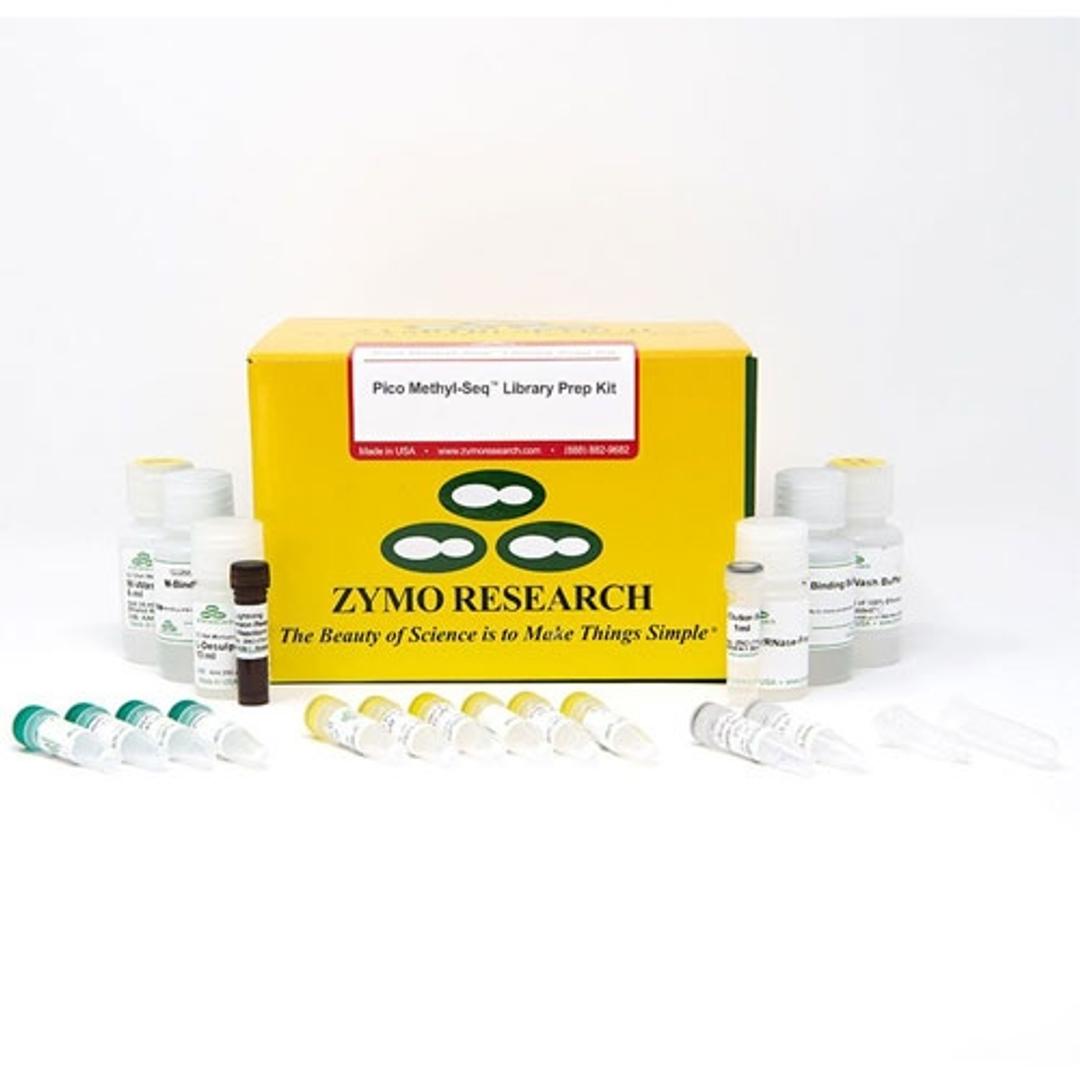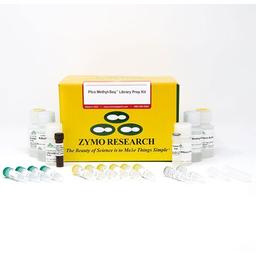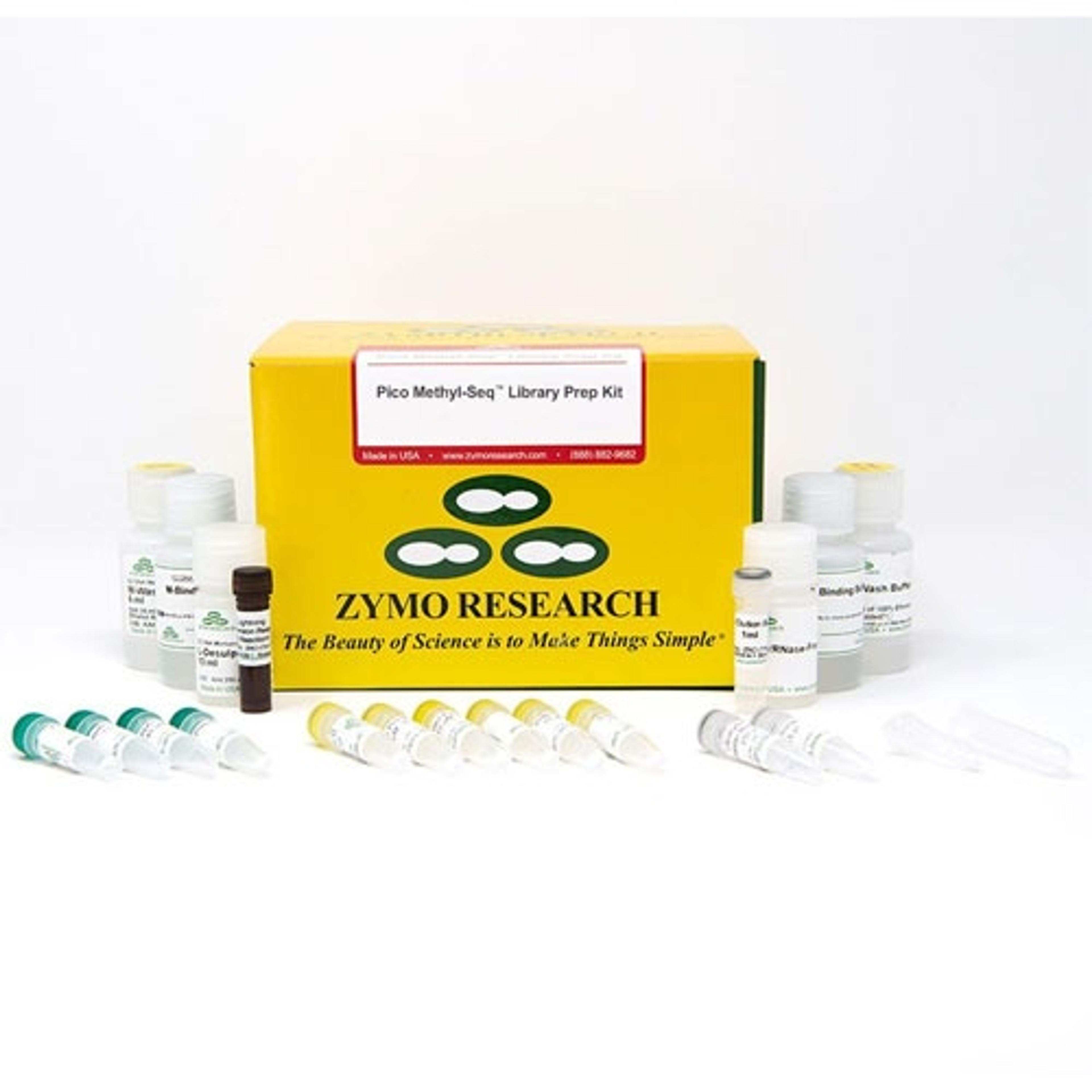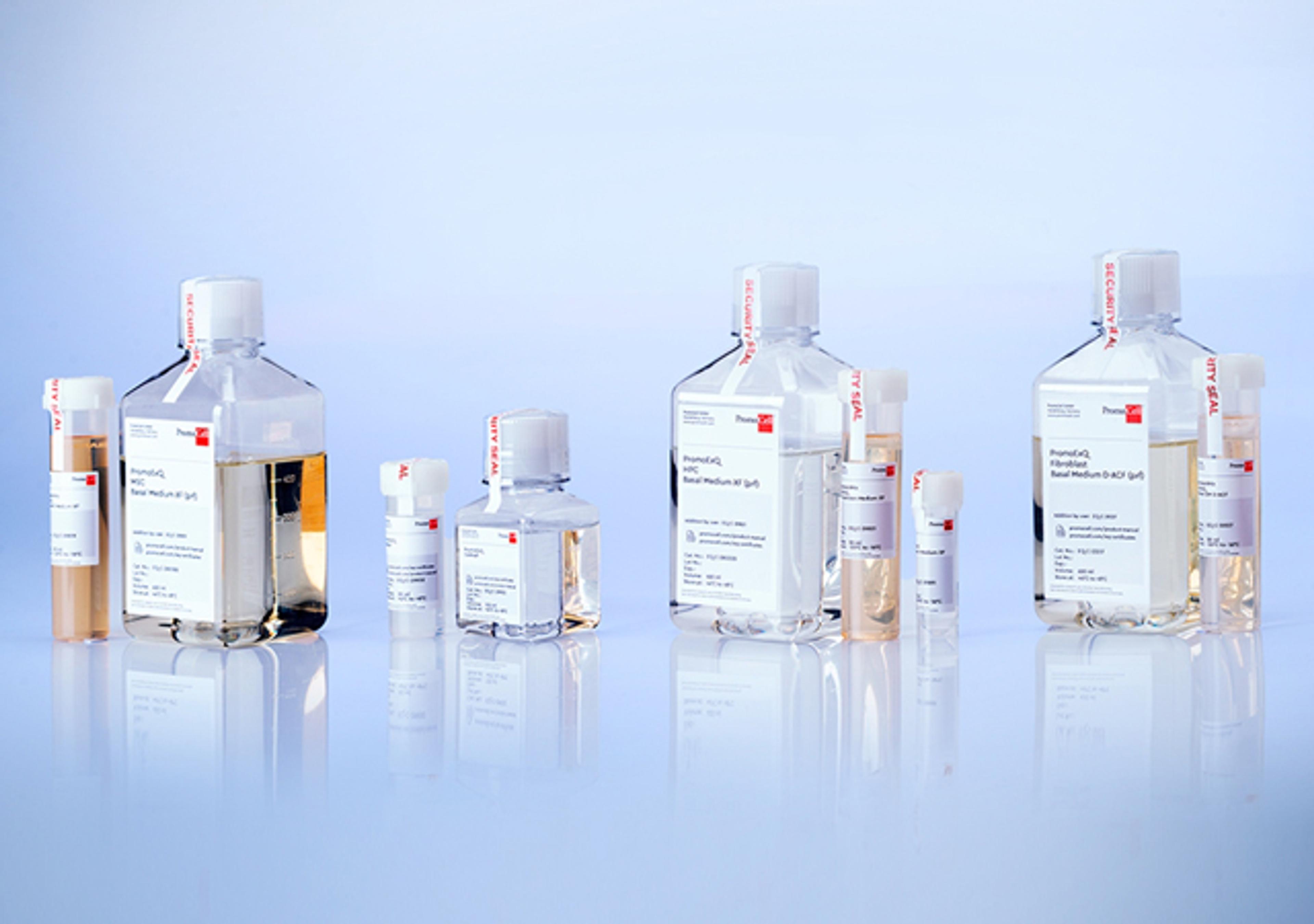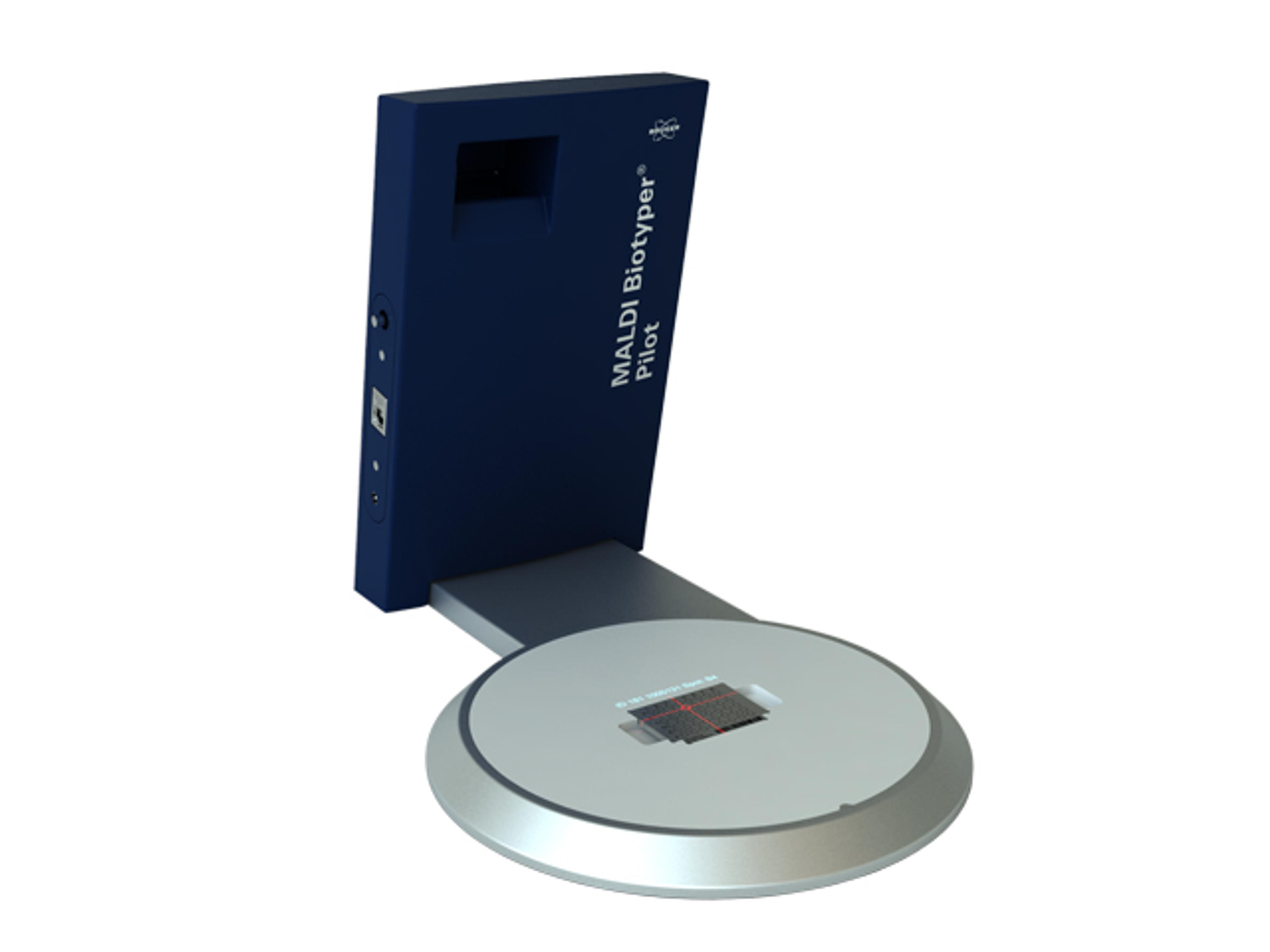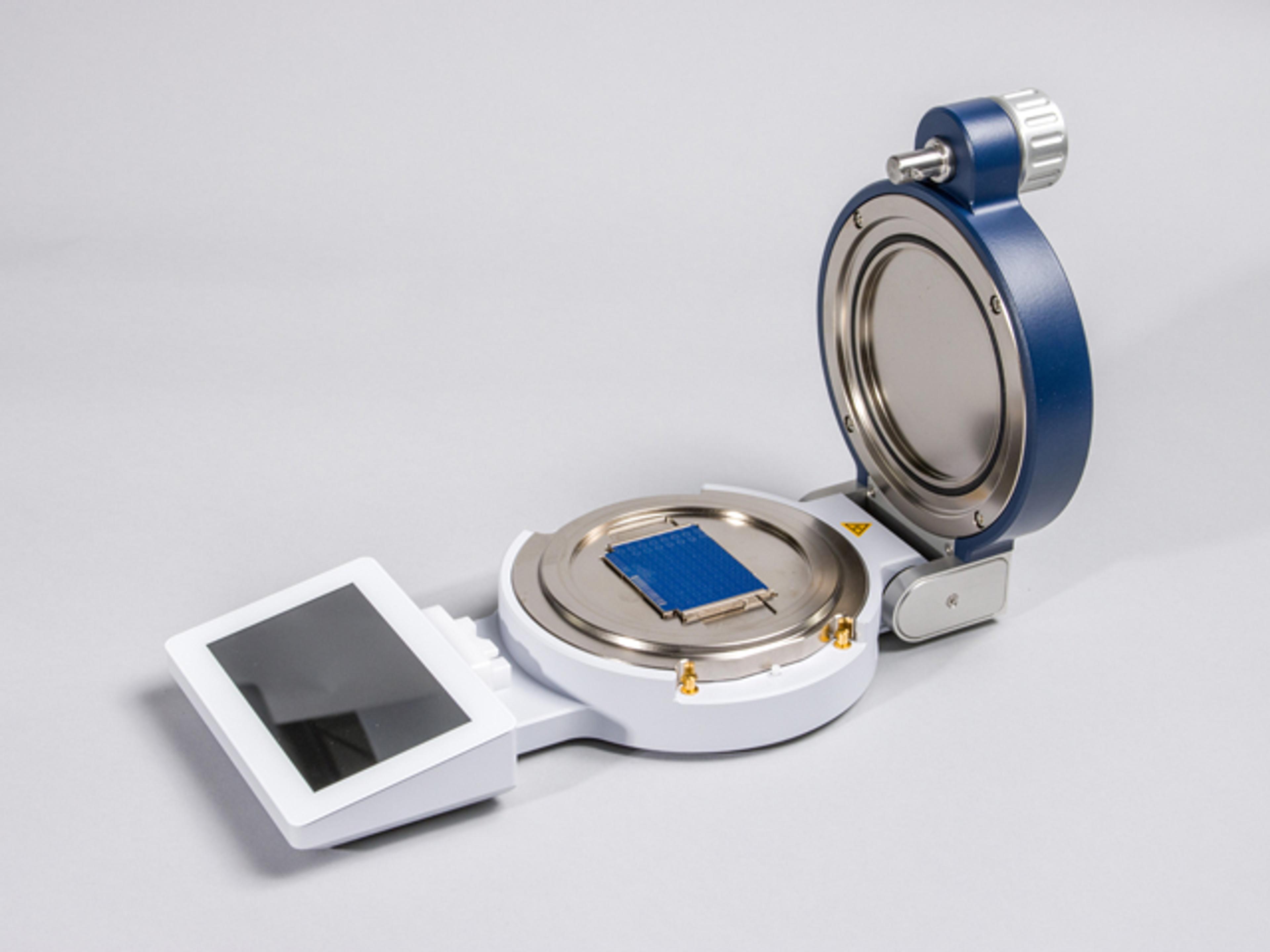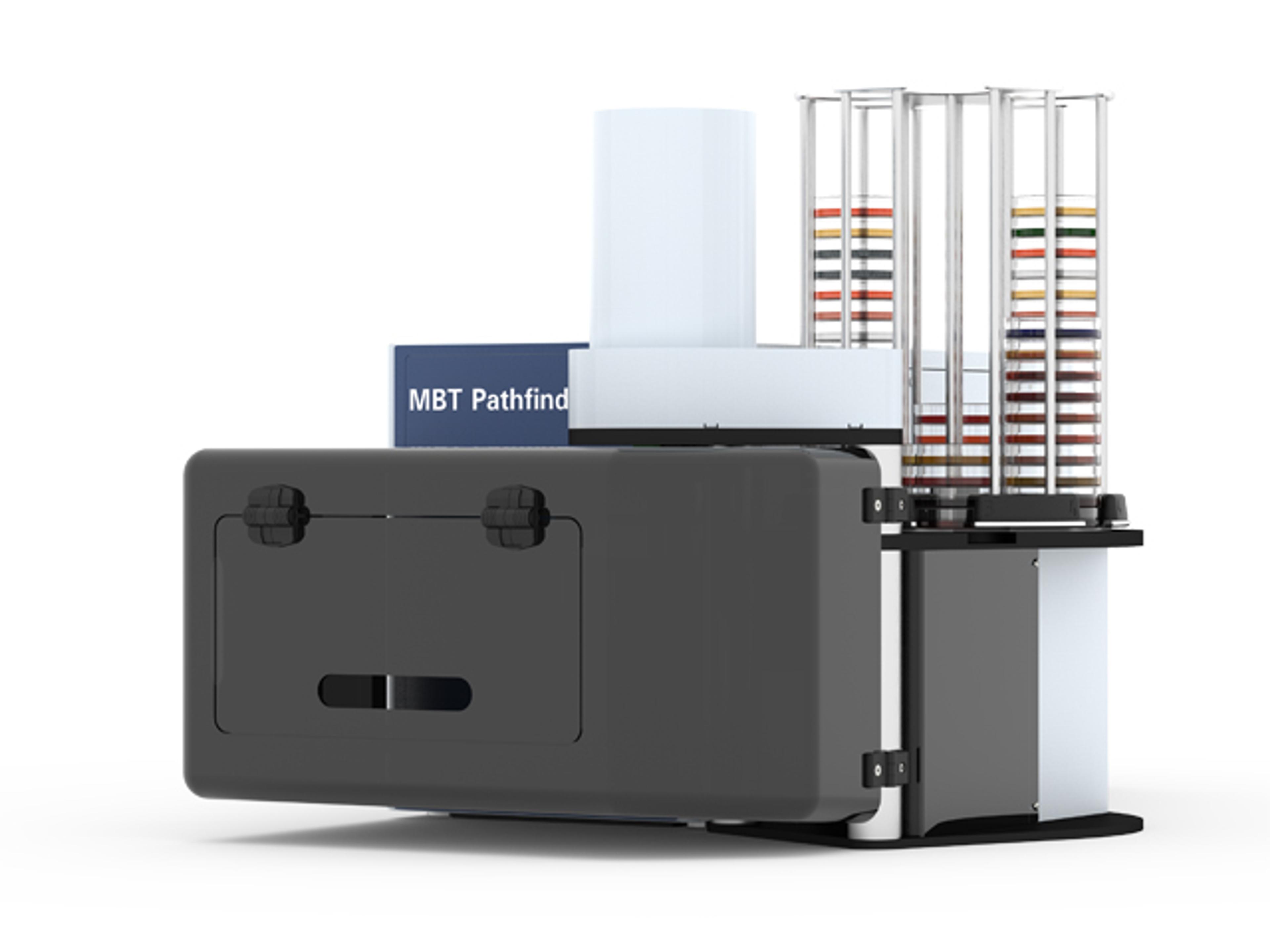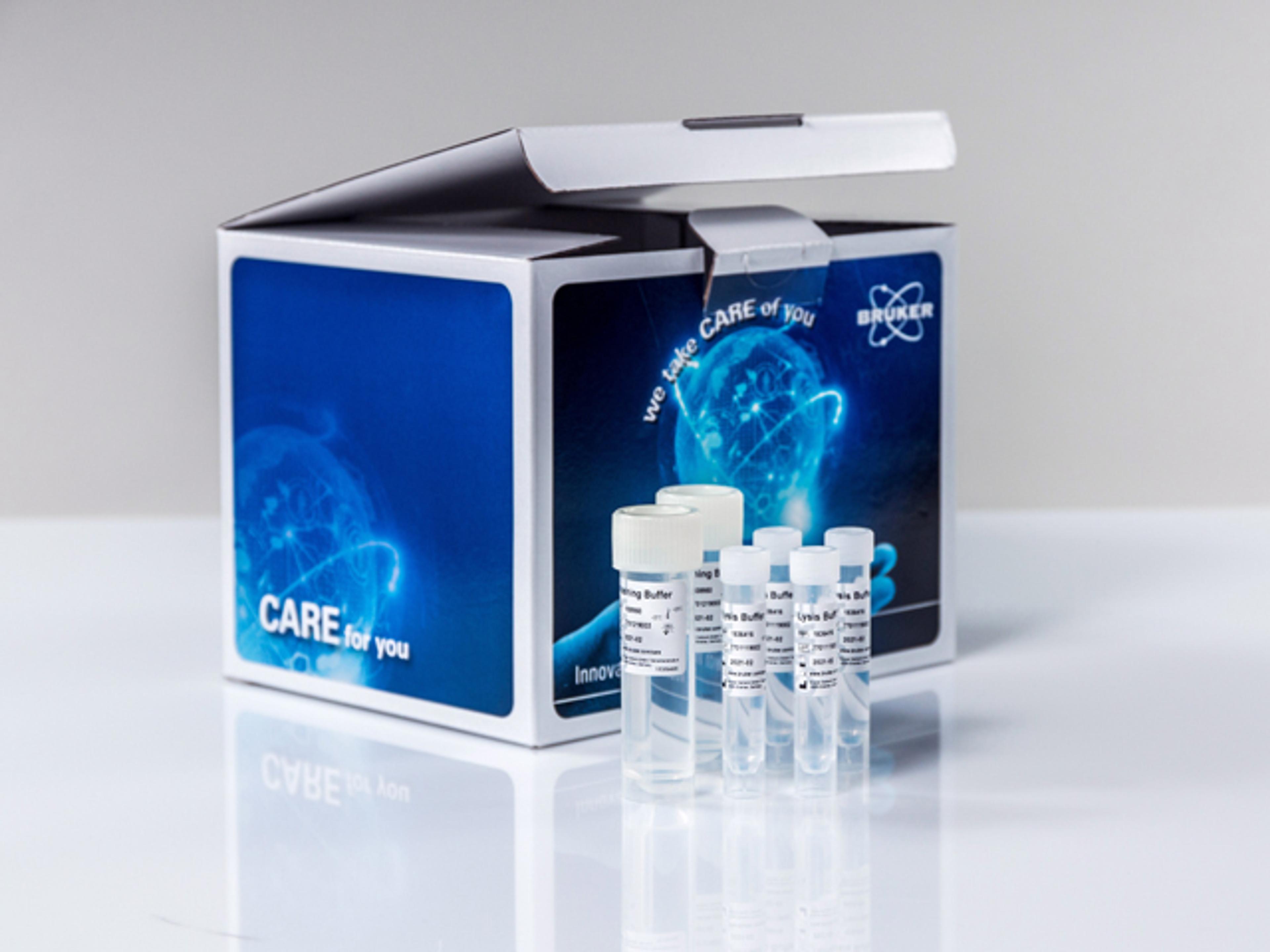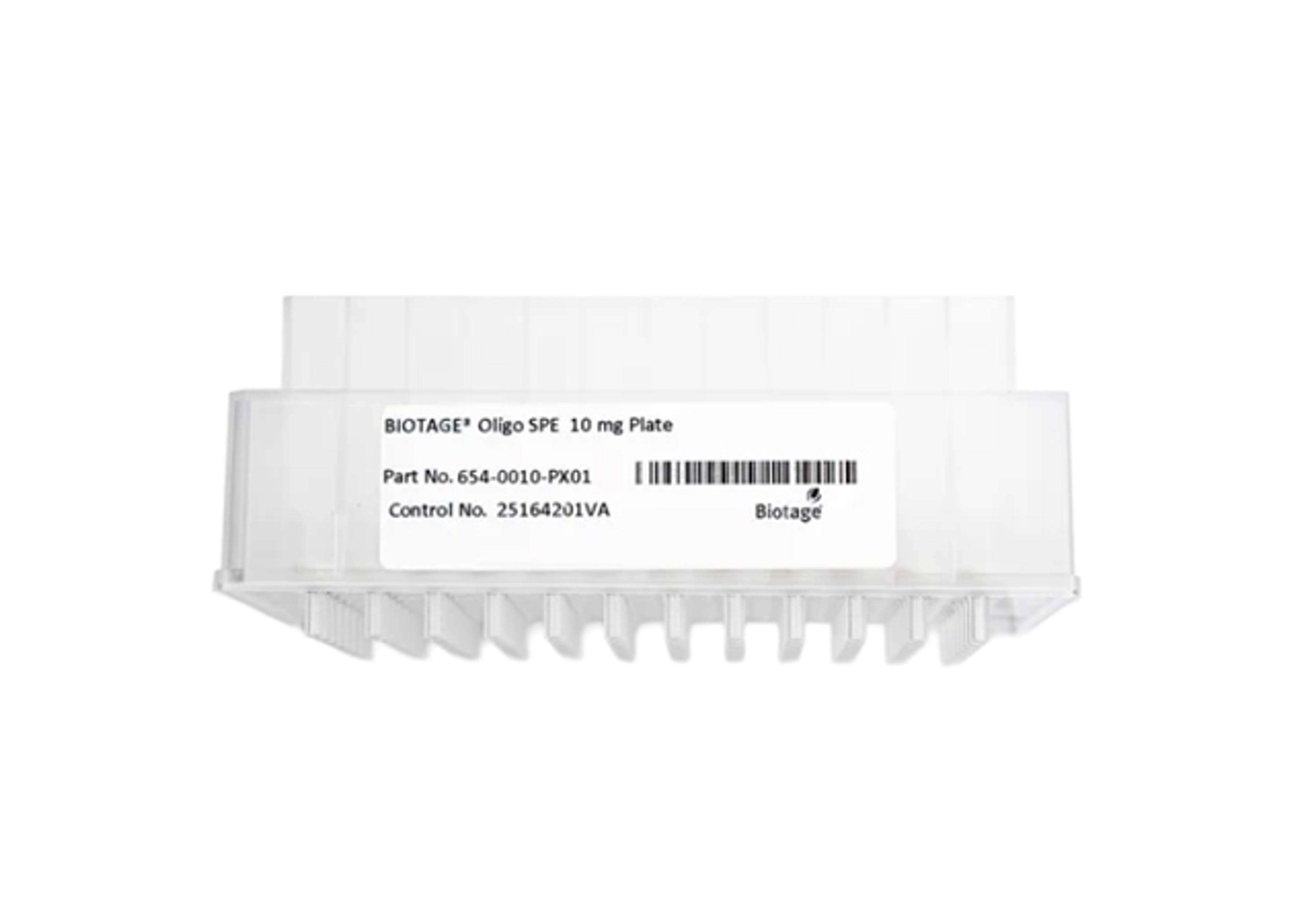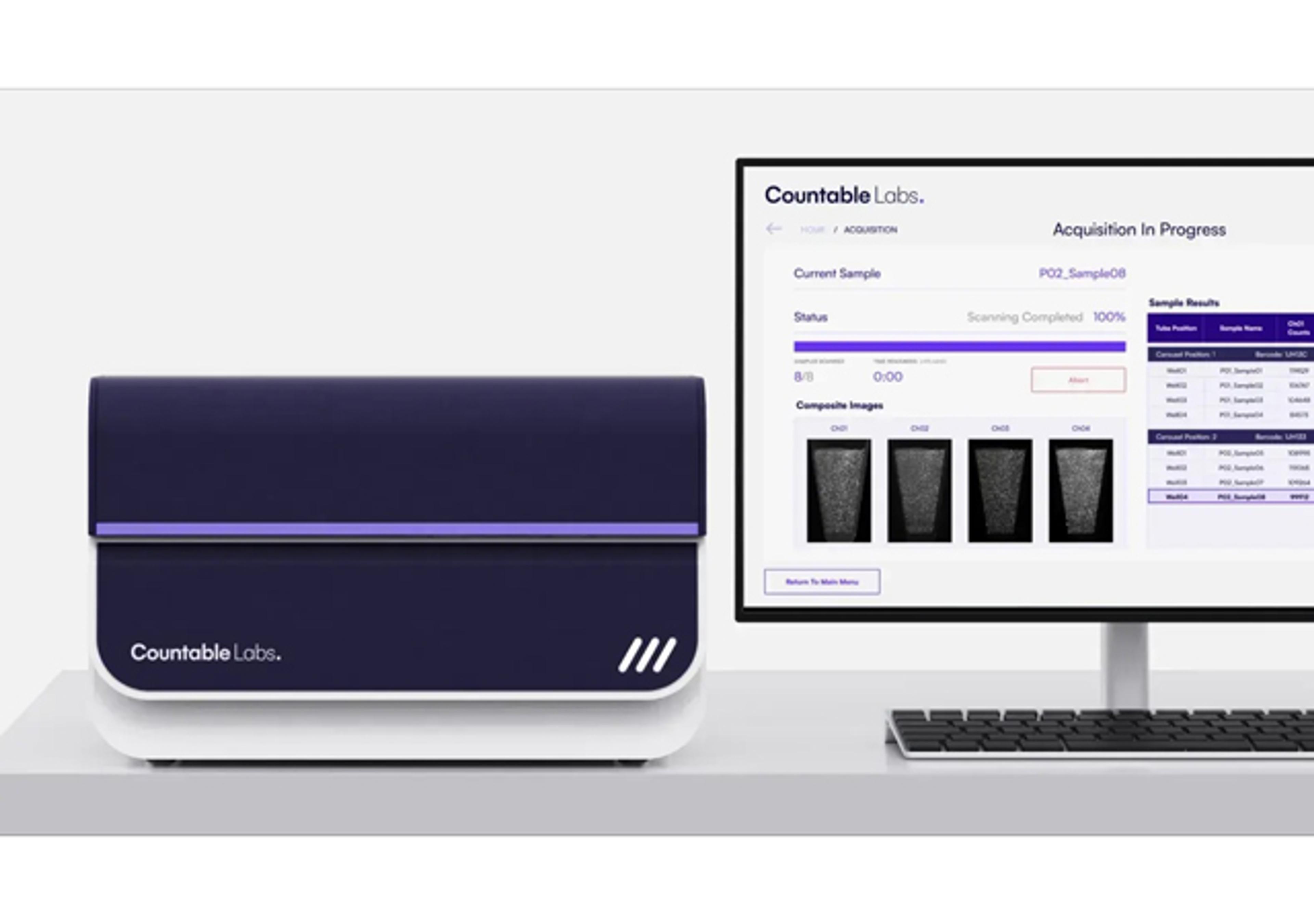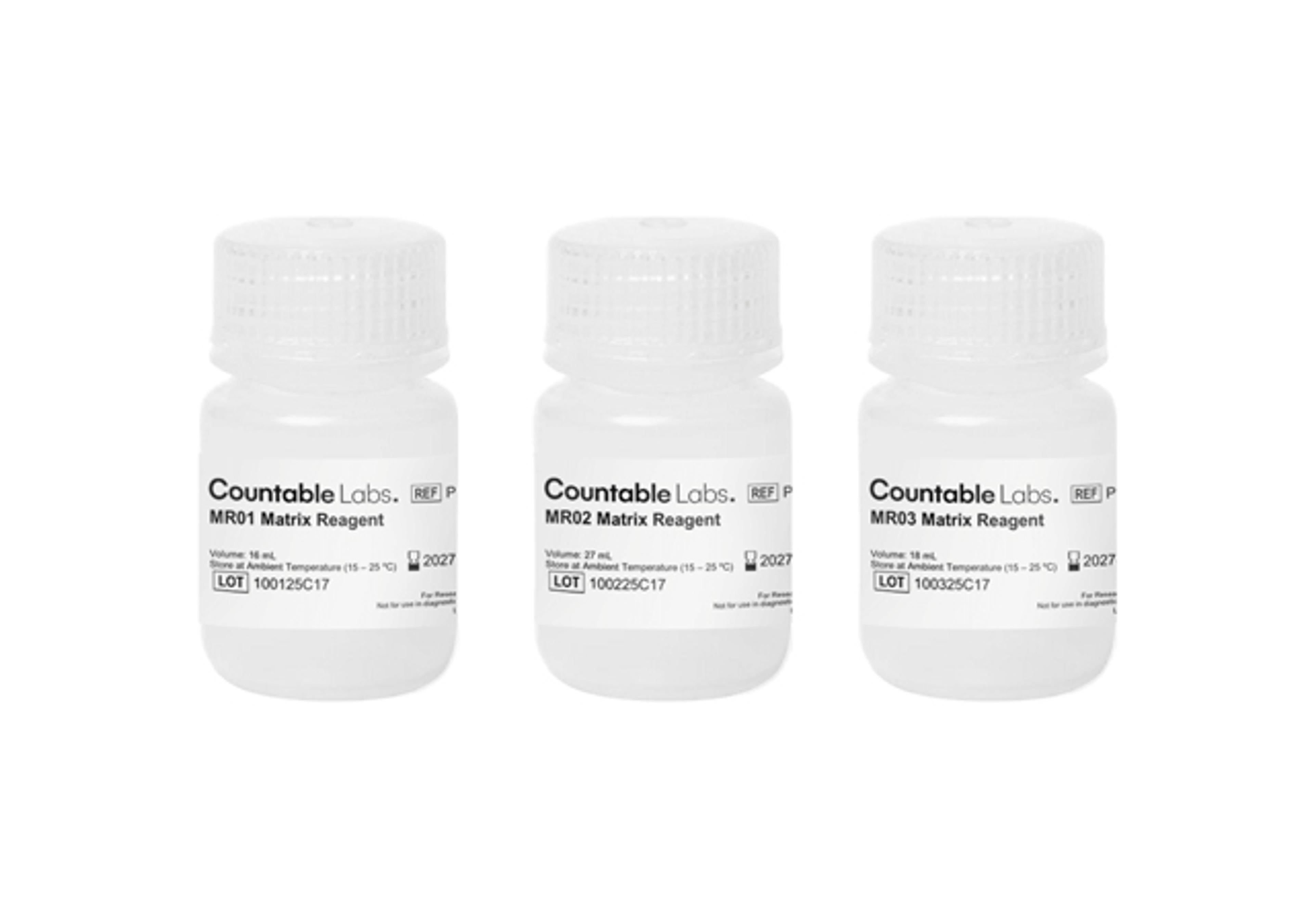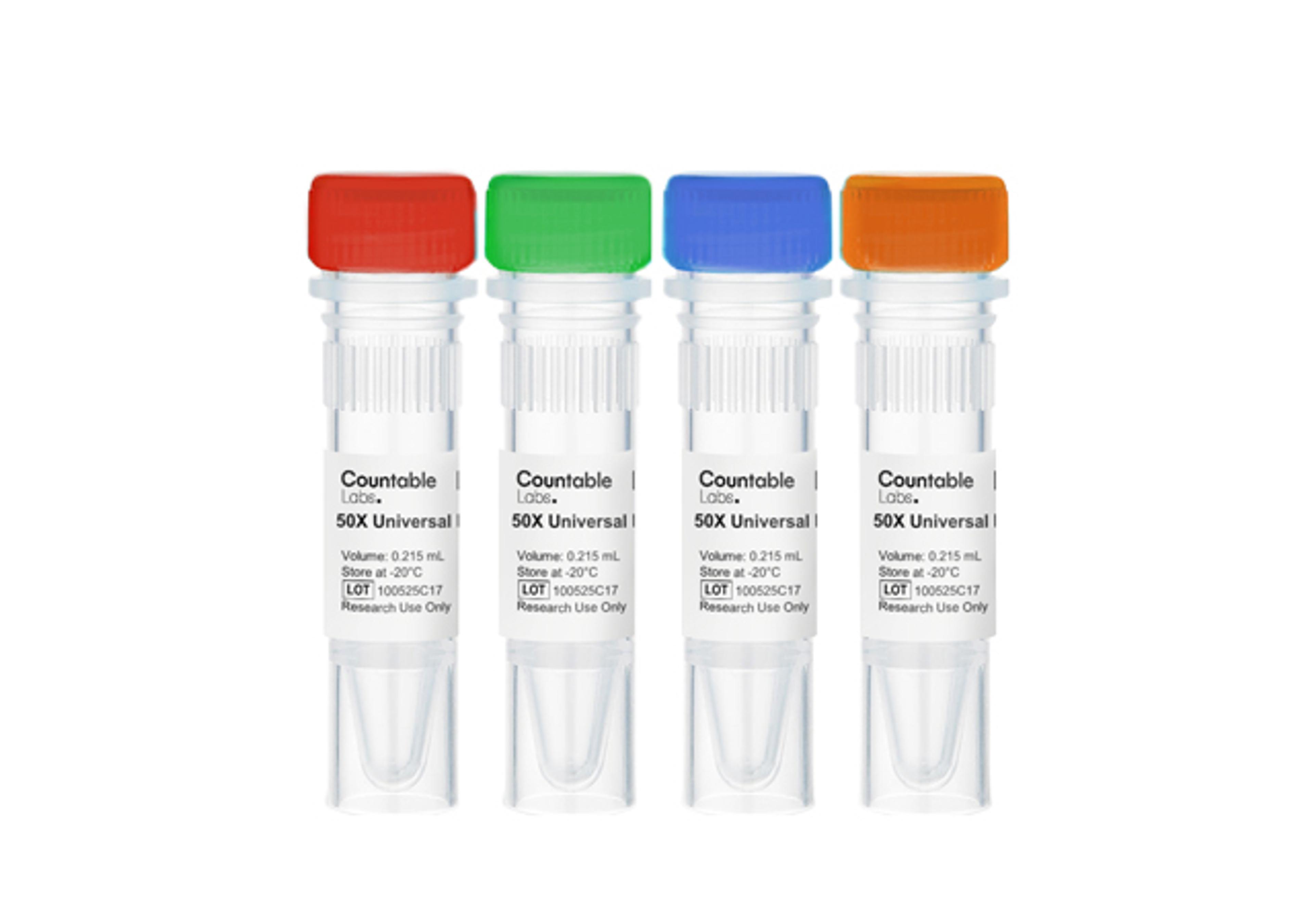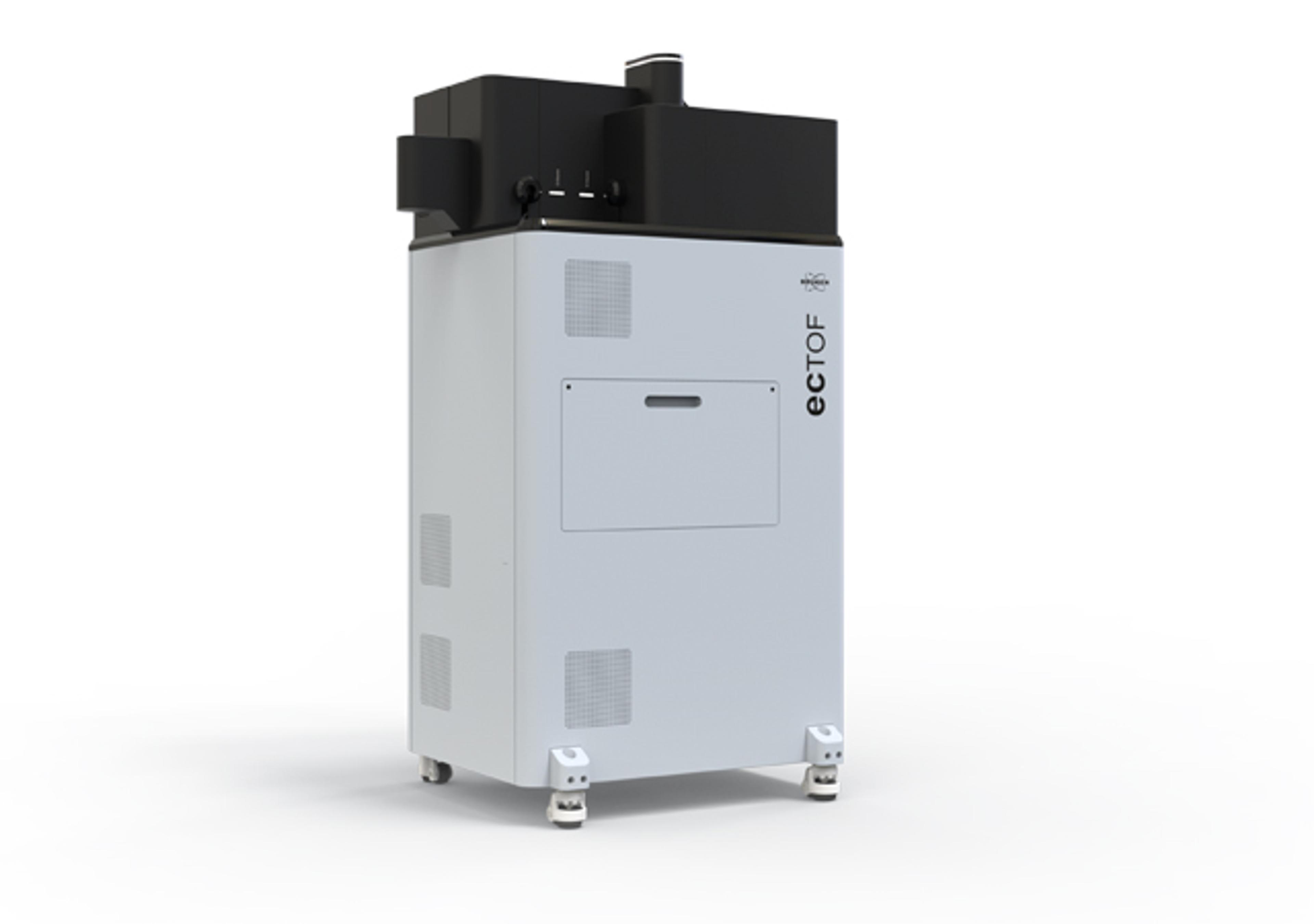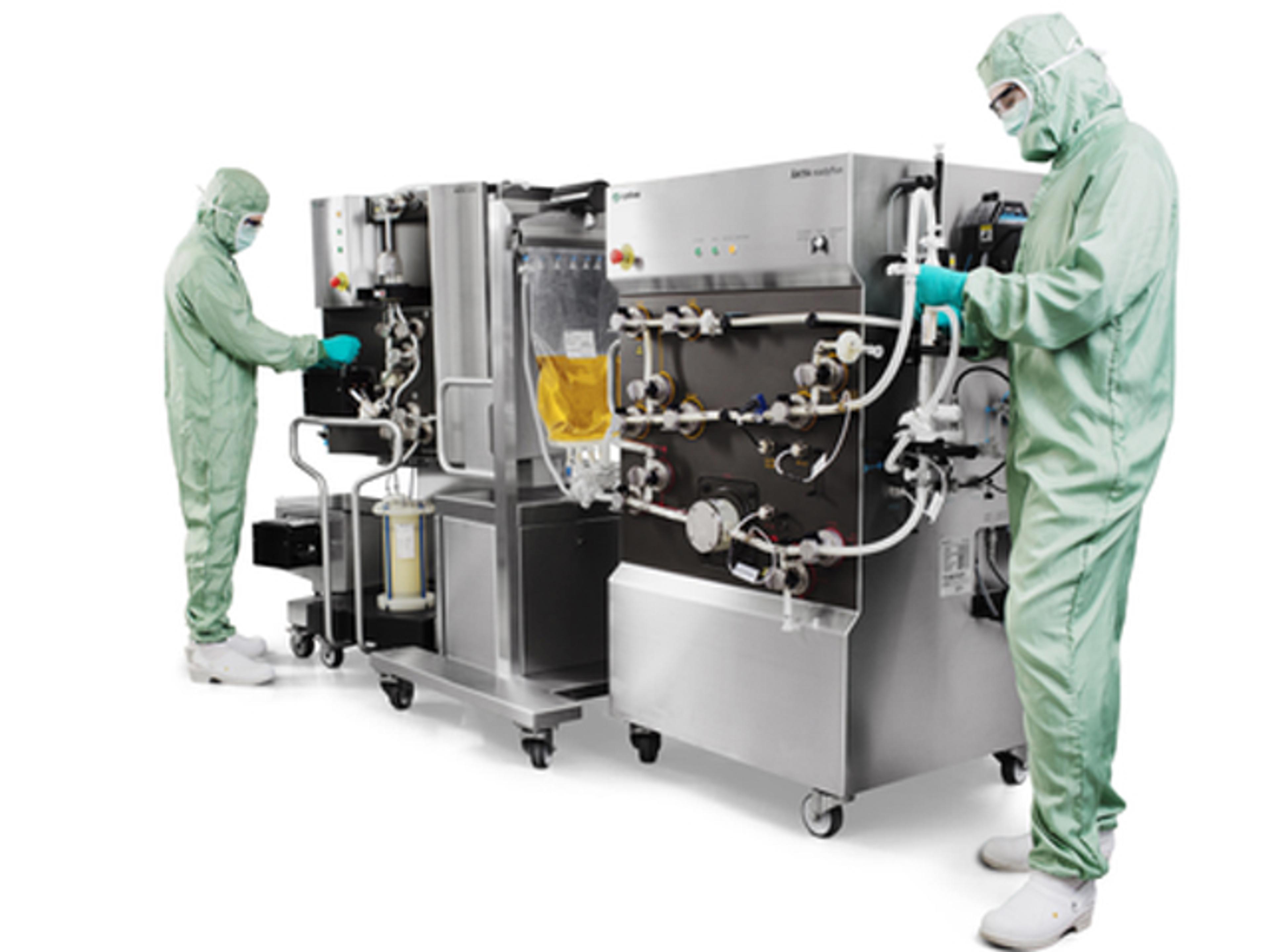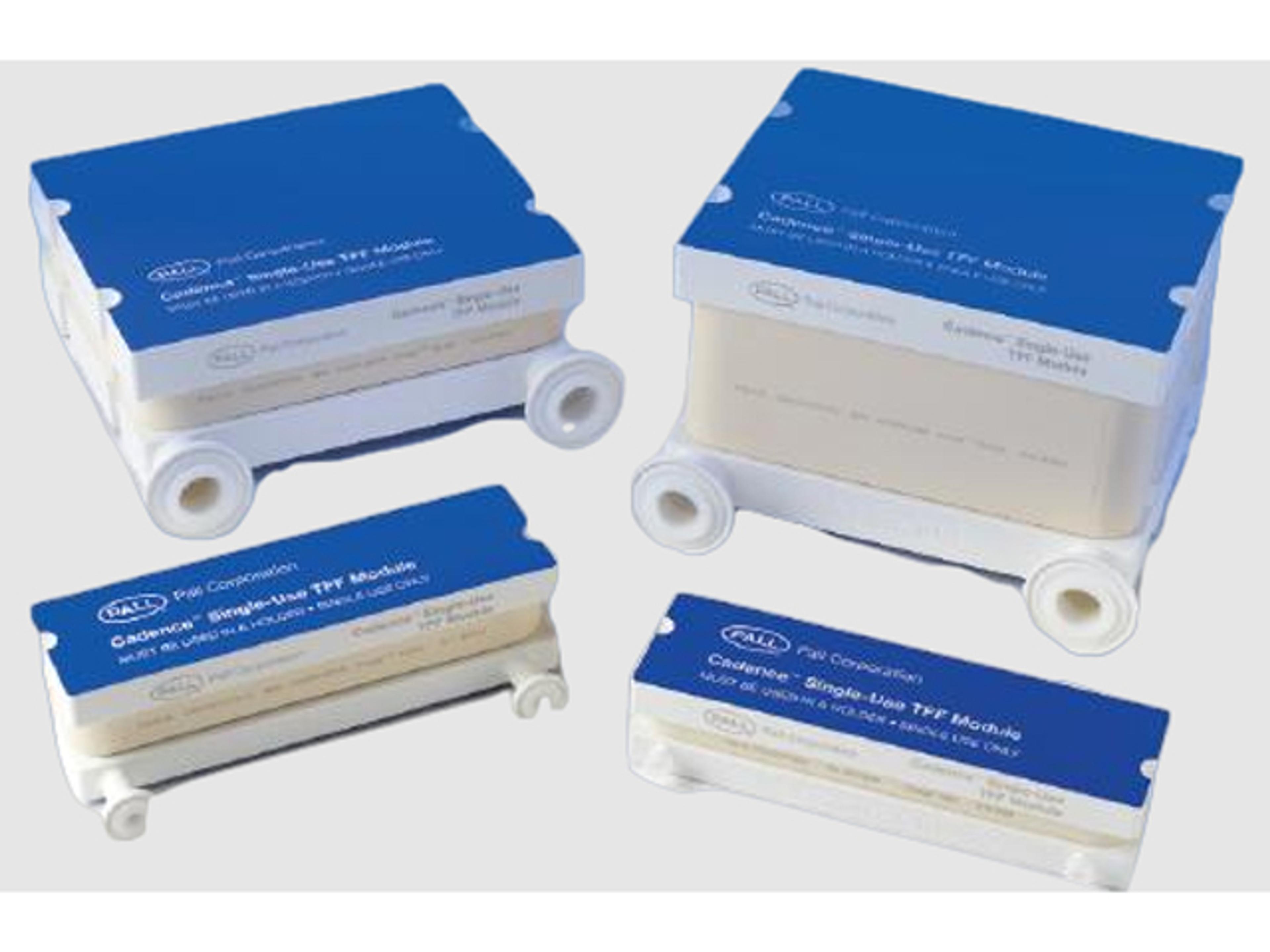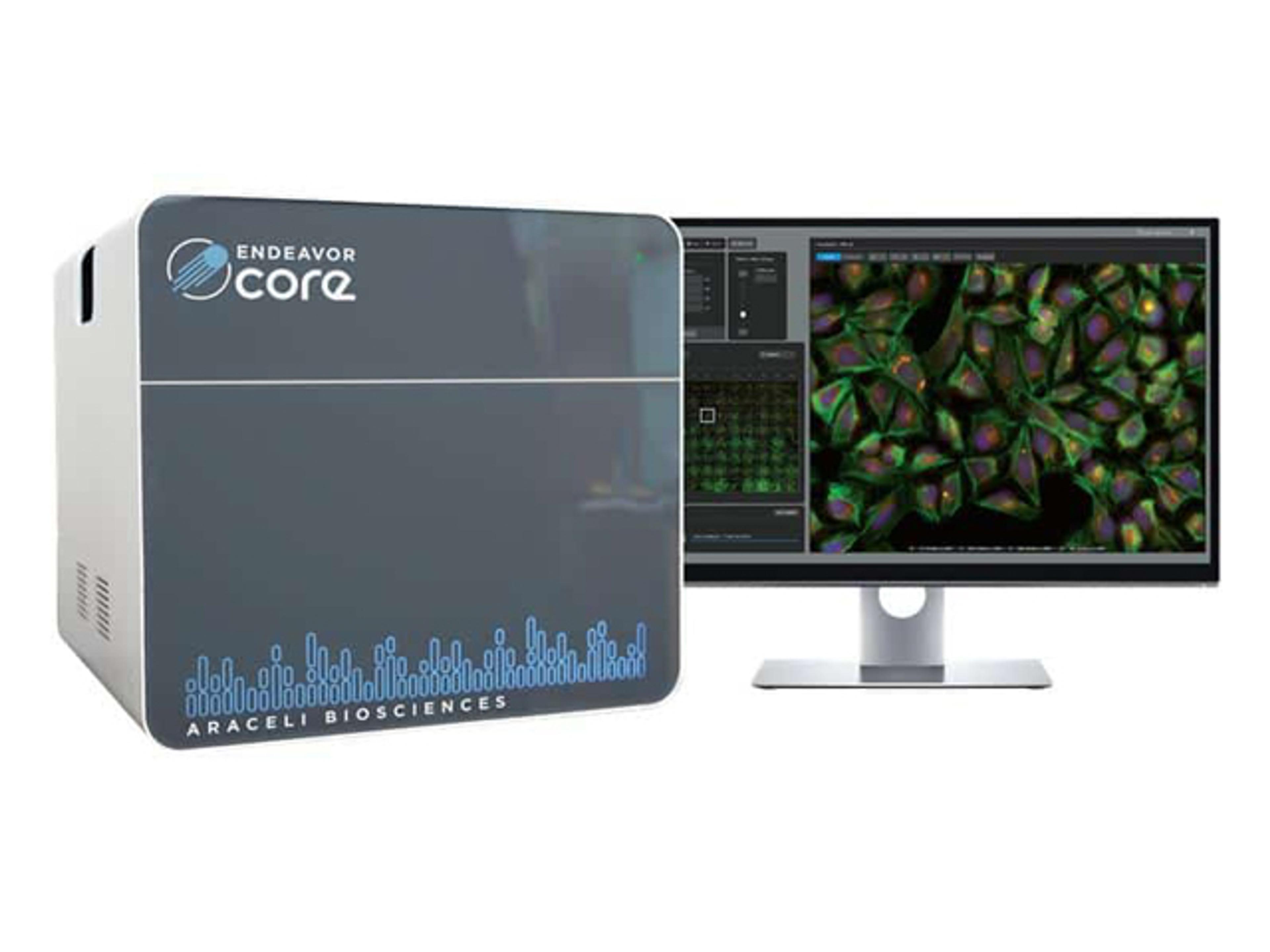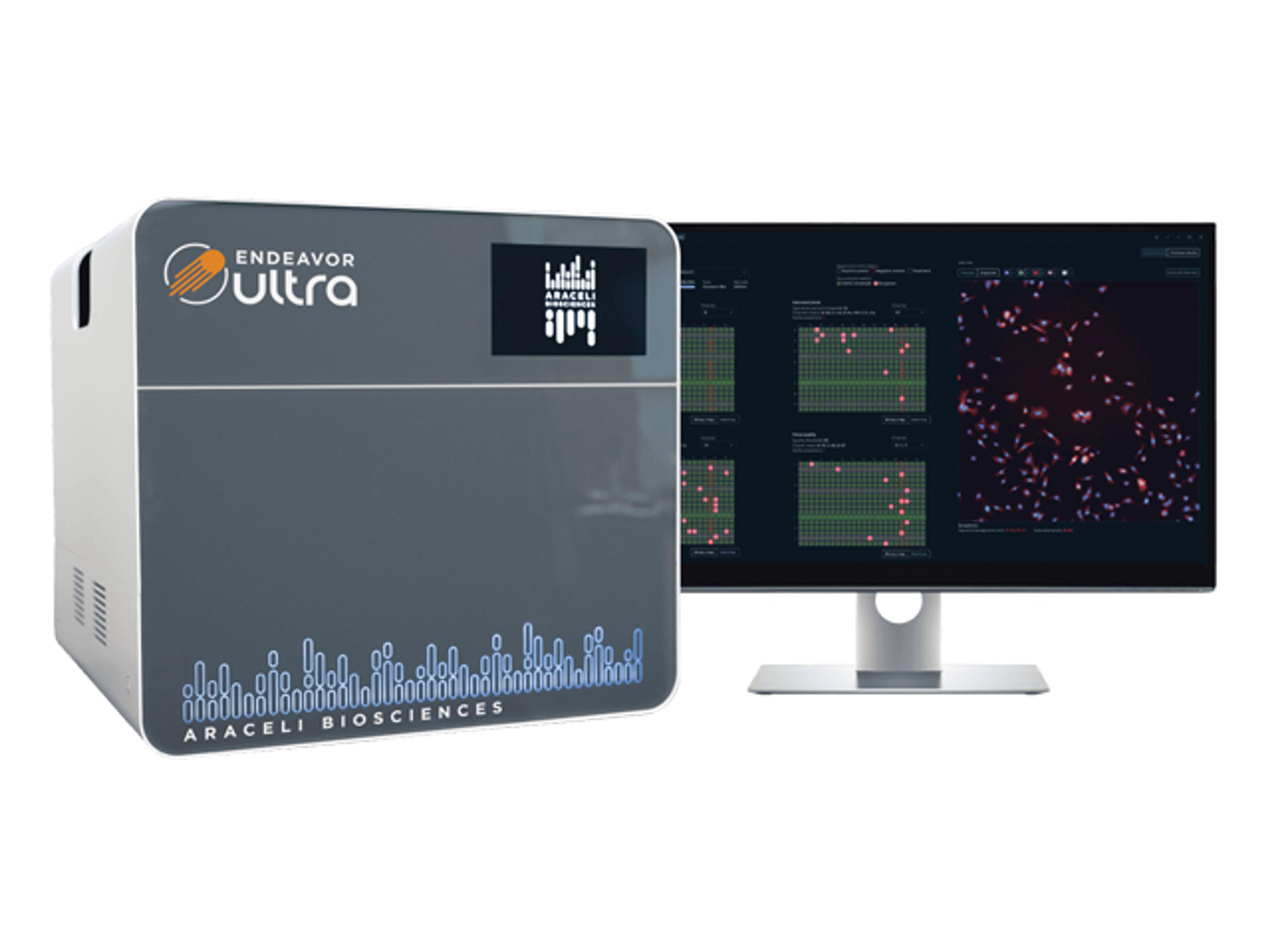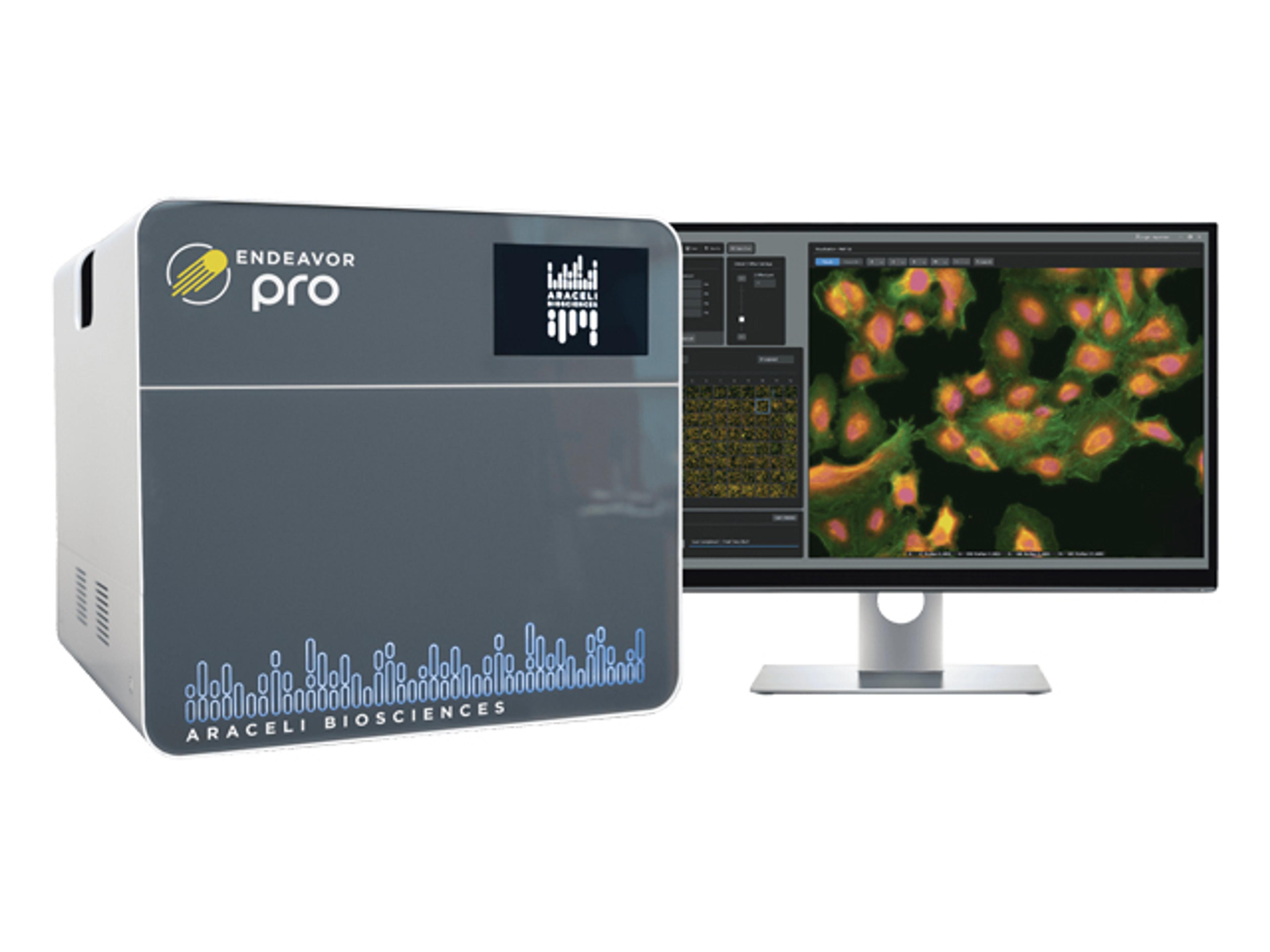Pico Methyl-Seq™ Library Prep Kit
The Pico-Methyl-Seq™ Library Prep Kit features a unique post-bisulfite library preparation workflow for Whole Genome Bisulfite Sequencing (WGBS).
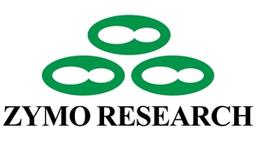
The supplier does not provide quotations for this product through SelectScience. You can search for similar products in our Product Directory.
Very easy to use and modify/troubleshoot
Library prep for whole genome bisulfite sequencing
Very easy to use and modify/troubleshoot
Review Date: 20 May 2022 | Zymo Research
Good results and would purchase again.
Library prep for whole genome bisulfite sequencing
It was relatively easy to use and troubleshoot. Some of the master mixes did run out quickly though, so more kits had to be purchased to accommodate the missing volume.
Review Date: 25 Jan 2022 | Zymo Research
Easy to use for problematic samples.
Global DNA methylation profiling
It is an easy to use product with very simple and detailed protocol. Usually library preps are an over-complicated process, especially in case of DNA methylation analysis. It has the advantage of generating a library from very small amount of DNA. It also includes all the required primers for sequencing, although it needs to be updated to support dual barcoding. With most problematic samples the mapping efficiency obtained using this kit is a bit concerning because it might fall below 30%, it can be improved though.
Review Date: 28 Jul 2021 | Zymo Research
Good results with modifications.
Library prep for whole genome bisulfite sequencing
This works for non-model organisms such as corals. However, we had to make a few modifications which included increasing the volume of the library amp master mix. Unfortunately, you cannot purchase this separately at the moment, so the only way to get more of this master mix is by purchasing an entire kit (which is very expensive!).
Review Date: 21 May 2021 | Zymo Research
The Pico Methyl-Seq™ Library Prep Kit provides a streamlined workflow for making WGBS libraries. Input DNA is randomly fragmented during the initial bisulfite treatment step followed by three rounds of amplification with uniquely designed primers. The procedure can accommodate as little as 10 pg input DNA (including that derived from FFPE samples), making it ideal for methylation analysis of precious, limited, and target-enriched samples.

